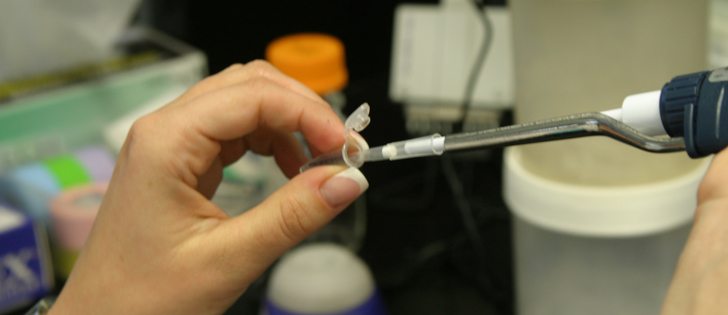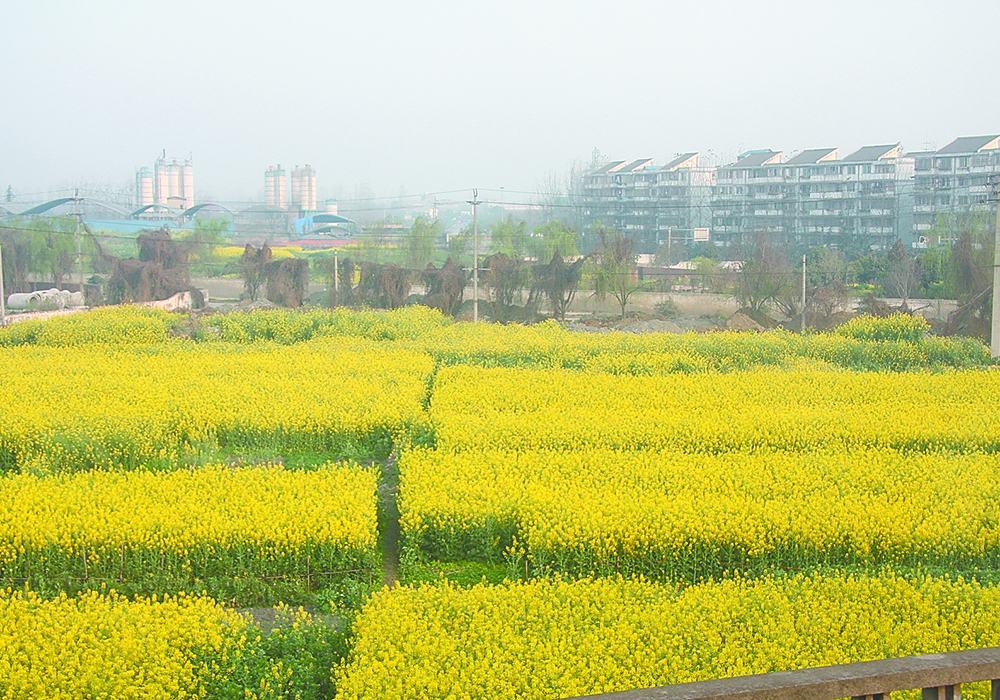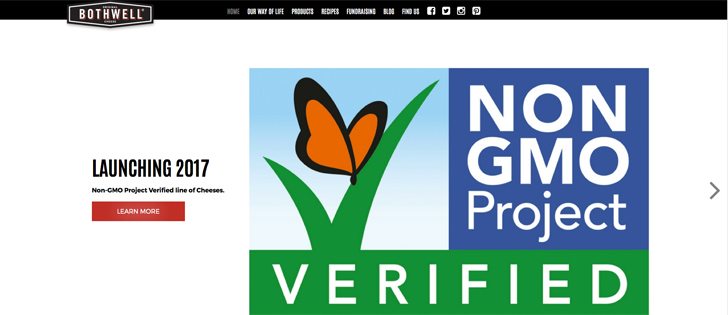Mistakes were made more than two decades ago when genetically modified crops first came to market, says a Monsanto executive.
Robb Fraley, the company’s chief technology officer, said those errors still haunt agriculture, and industry leaders can’t repeat them with a new technology known as genome editing.
“In the case of the GMO technology, one of the things I’ve talked about often over the last several years (is) we clearly made a mistake in not reaching out to the public and having that dialogue up front,” Robb Fraley told a conference call with reporters Jan. 5 to discuss the company’s research and development projects.
Read Also

Farmers urged to be grain-safe this fall
Working around grain bins comes with risk, from farmers falling to drowning in grain: Experts have five tips to help avoid grain-related accidents this harvest.
He said the crop science industry and academics have been more proactive with genome editing, which can precisely delete and insert genes in an organism’s DNA.
“Our company and many other companies and universities involved in this have done a much more extensive communication to both the public and key regulatory and policy makers,” he said.
Fraley answered several questions about genome editing during the conference call, including whether he expects a public backlash similar to GM crops.
He said it’s less likely because the scientific process is less controversial.
“In the GMO technology, we’re often introducing a new gene. In the case of gene editing technology, we’re making very precise changes to the genes that are already in the plant,” Fraley said.
“I think that’s one of the reasons it (genome editing) is (being) viewed differently.”
Fraley described it as the next generation of advanced biotech in agriculture, and Monsanto is backing his opinion with cash.
The company signed a licensing deal Jan. 4 with an institute associated with Harvard, which has developed a new method for genome editing.
The technology’s emergence should be good news for proponents of crops that are not corn or soybeans because developing crop traits may soon take less time and money.
“I think that opens up significant opportunities with some of the smaller crops,” Fraley said.
“It represents an exciting opportunity to accelerate crop improvement.”
















